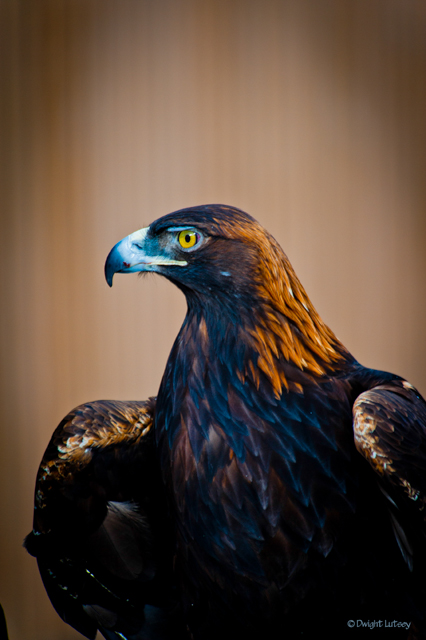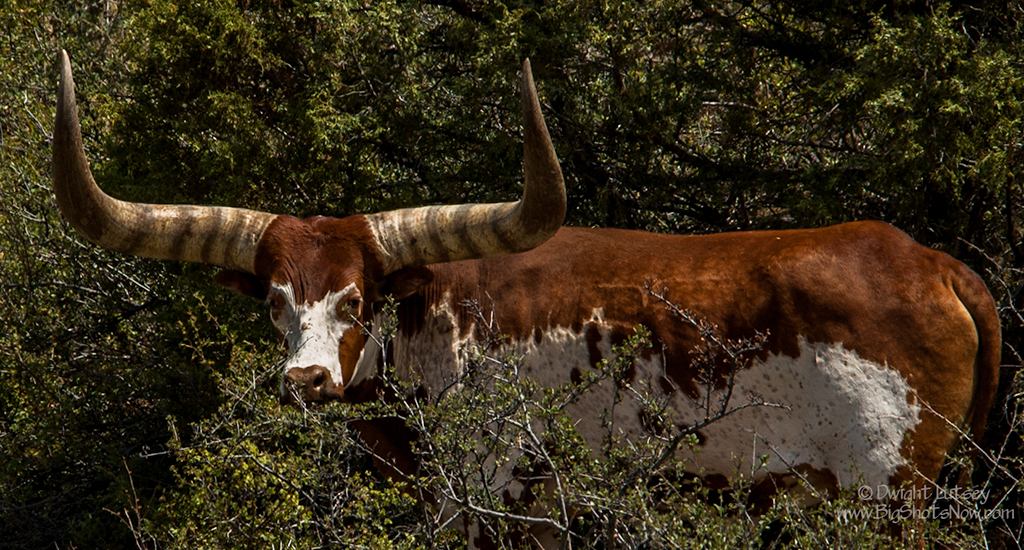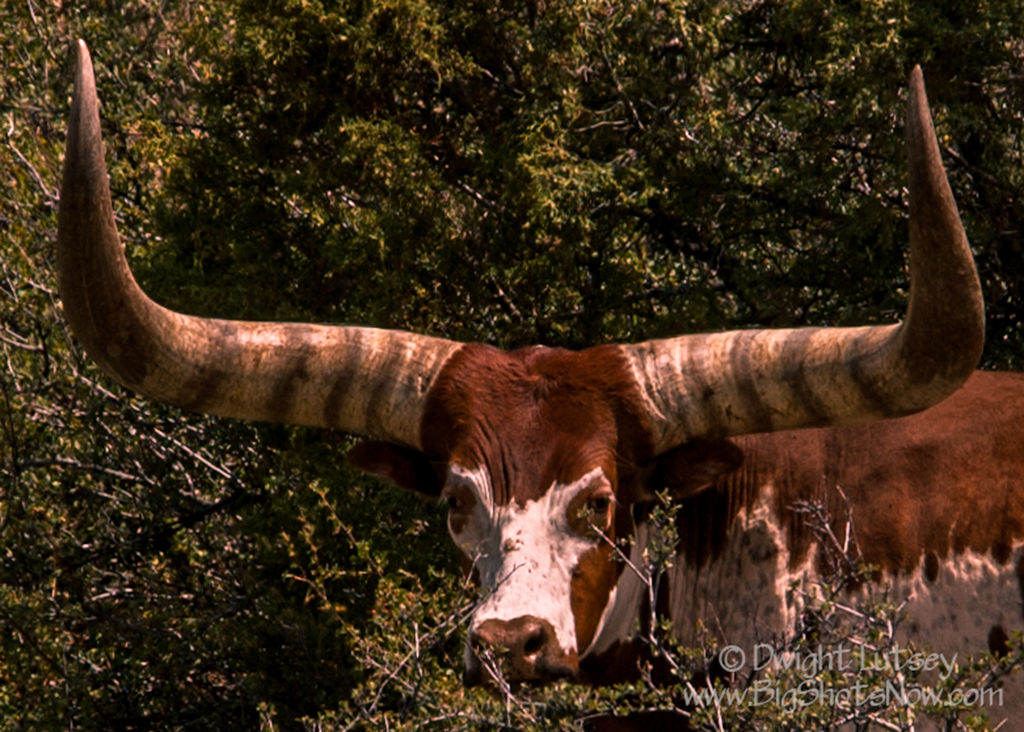Captive Golden Eagle
Note: This is a repost of one of our Top Ten Gifts for the discerning buyer originally published in December of 2013, a year that will live in infamy. In what has become a half-assed solemn tradition here at The Institute we have been irregularly reposting these now famous gift selections when we remember to do so in a lame attempt to create a Holiday Tradition and mostly because we suddenly realize it’s Christmas time and we don’t have squat done. It’s fun and we don’t have to spend the time making new stuff up. Enjoy.
*The Institutes Own Bird of the Month Club!!!
Here’s something truly different for that often fussy hard to shop for person on your gift list. Give them a membership to our exclusive Bird of the Month club. They’ll have you to thank as each month, regular as clockwork, the Fed-ex guy shows up at their doorstep with that months selection of exotic if not threatened species. All birds are guaranteed to arrive alive, healthy and hungry, with full documentation as to country of origin, quarantine papers, customs declarations and care and feeding instructions. Note: our birds are guaranteed to be alive upon delivery, unlike the parrots that were imported from England in the 60’s that arrived as, well, dead parrots.
This has been a very successful program for us with satisfied customers in nearly every state. Imagine the fun as you wait for the Fed-ex delivery of each new months selection. Not only will the kids will be out of their excited sugar fried brains, but you will be too, as you wait for each month’s unique delivery. We can tell you the types of birds you will be receiving during the year but it will be a surprise as to which individual species you get each month.
This month’s selection has already been chosen and as you can see it is the beautiful American Golden Eagle. Imagine owning your very own Golden Eagle! This bird had recently been flying free over the Rocky mountains, hunting its prey, the Snowshoe hare or the wily Hoary Marmot or the occasional Shih Tzu, and through a special arrangement with the Department of the Interior we are able to trap them (using a patented humane Leg and Beak restraint system we developed here at the Institute) re-educate them and sedate them with FDA approved “EagleDown” a mild tranquilizer we use to make the birds manageable while we do stuff to them.
Birds arrive at your doorstep in a humane carton, ready to be unpacked and placed in their new surroundings. Simply remove the bird, dispose of the packing pellets and snip the military grade zip-ties with heavy-duty wire cutters (not included), remove the eye patches and quickly but firmly stuff the bird into its new cast iron home, a 2′ x 3′ cast iron cage constructed out of 3/4″ rebar and welded tightly by trained free-range welders. Cage optional at small extra cost. Note: on some of the larger, more aggressive species you may choose to reverse the unpacking order. Note: Allow 7-14 days for sedative to wear off before handling birds. Carabao (water buffalo) hide gloves highly recommended, optional and available for a small extra cost. If cage is not purchased we recommend chaining bird to heavy door frame, oak or heavy fire resistant metal best. Have children stay back at least 3′ from chained bird during birds waking hours.
Use caution when throwing live rabbits, (our eagles primary food) at them during feeding times. Eagles fiercely protect their food and will attack anyone coming close. Restrain children with fuzzy furry slippers from approaching eagle. There have been some unfortunate incidents reported. Live rabbits, or bunnies as they’re known in the United States, or hares as our friends in the U.K. call them, are available from our catalog at a small extra charge. Flemish Giant Rabbits also available by special order. Each Flemish Giant rabbit is a four day supply of food for your Eagle. Special pricing if rabbits are ordered around Easter. Choose our ‘Year’s Supply’ in special garage-ready storage unit.
This years exciting selection of species include the European Wood Stork, the very one that delivers all those European babies, the feisty but lovable Caracara, a South American eagle, (wear protective eyewear around this eagles razor sharp beak) the Dipper or Ouzel for those with garden ponds, our choice of either a Great, Barred, or Barn owl, Sorry no Snowy’s this year. We were unable to come to an agreement with the Canadian government over our trapping methods.
New this year, the Black-Browed Albatross, usually a long oceanic flier but we have modified the feather patterns on either wing so they simply loop around your yard in a delightful but small radius circle. (your choice of either left or right wing. Do not choose both wings option as the bird then will just sit on the edge of the pond in a non-flying state) Perfect for those with small garden ponds. 100′ of 600lb. test monofilament “TetherSafe” line available for small extra cost. Monofilament line is transparent so it looks like bird is flying free. Note: Monofilament line Recommended in ‘High Wind’ states, Wyoming, Maine, Southern California, Northern Colorado, all Gulf states, lower Eastern seaboard and the occasional hurricane targeted Southern state, plus any other area where wind regularly exceeds 85mph to keep bird from being blown into another state or country due to unlikely line breakage. Another new choice is the Snail-eating Limpkin, another treat for the indoor or outdoor gardener. We’ve included the Vermillion Flycatcher, great for shut-ins and apartment dwellers. No more flyswatters for you!
A perennial favorite and recently brought back to our collection by special agreement with the Egyptian government, we proudly offer the classic White Ibis, long a favorite of those pert but sassy pyramid builders. Our new and improved variety no longer needs to be near major architecture. (Our Ibis is most comfortable around homes of 7500′ to 12,000 square feet, but have been known to survive around upgraded mobile homes. This selection replaces the Roseate Spoonbill we normally have on hand. Due to a diet change imposed on the spoonbills by the Florida division of Wildlife the Roseate Spoonbills’ color has turned from its usual lovely rose color to a muddy dull maroon with green highlights, quite below our standards.
We round out the selections with our usual, Western Tanager, Emu, African Bee eater, and the always popular, Scarlett Macaw.
Bird of the Month Club Membership 12.95 per month plus shipping and handling
Availability: In Stock
Note: Due to fluctuations in the world market, revolts, coups and general unrest, customs intercessions, organized disapproval of our practices, or lack of funds to complete the program we may at our discretion substitute a realistic life-like hand-painted reproduction of the common sparrow, or even a slightly faded photograph of same if our monthly choice of species is unavailable.
This is one of our least expensive gift programs selected this year but we’re sure you’ll agree it’s certainly one of our most unique. We can offer this program at such a low price because of the huge volume we do in the licit trade of relocating animals and birds around the globe. You may also wish to explore our trial program of “Ducks of the Month” club and new this year “African Predators of the Month” club, this should be an exciting program. Order soon!! Order Often!!
* Note: For those of you unfamiliar with The Institute and what it does, please see the page labeled The Institute on the Menu Bar above. That should explain everything. You shouldn’t have one single question remaining regarding The Institute after reading it. None. For those of you favored few who already know about the Institute, Nevermind. Return to your daily activities. Thank you for your support.




You must be logged in to post a comment.